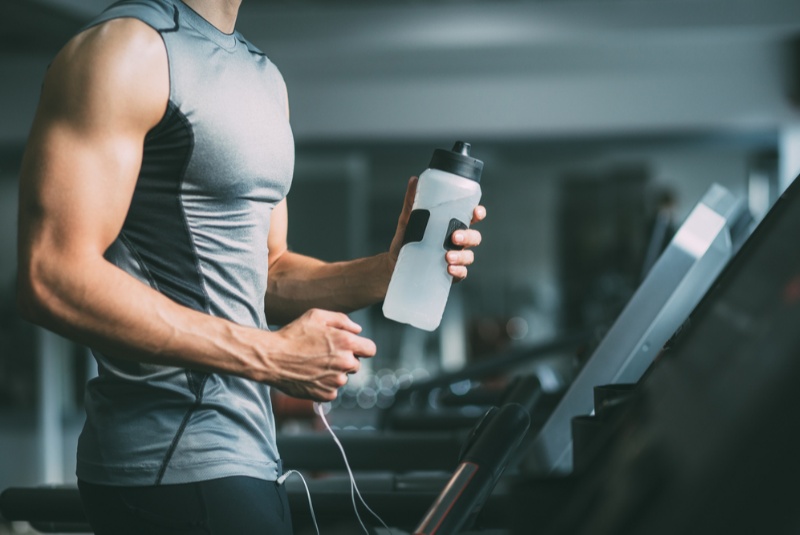Hydration plays an irreplaceable role in sports and athletic performance, and yet, it’s often overlooked in the broader discussions on training and nutrition. Providing a key function in a multitude of physiological processes, from temperature regulation to energy production, hydration is vital in driving athletes to their optimal performance.
The human body is approximately 60% water, and it relies on this vital fluid for nearly every bodily function. In the athletic context, it becomes even more crucial as our bodies use water as a cooling system during intense physical exertion. Sweating, the body’s primary cooling mechanism is heavily dependent on the athlete’s hydration status. As athletes exert themselves, they lose water and electrolytes through sweat, reducing their overall hydration levels and potentially impacting their performance.
Hydration is directly linked to endurance. With just a 2% decrease in body water, an athlete can experience a significant drop in their performance. This is because dehydration can lead to reduced blood volume, meaning the heart has to work harder to pump blood and supply oxygen to the muscles. The impact on performance becomes exponentially worse as the level of dehydration increases.
Apart from impacting cardiovascular efficiency, dehydration can affect muscle function. When we’re hydrated, water inside and outside the muscle cells provides essential nutrients and removes waste, thus enabling them to work properly. When dehydrated, muscle cells can’t generate balanced electrolyte content, leading to cramps, reduced contractile function, and ultimately, decreased strength and speed.

Moreover, cognitive function, which is critical in decision-making, concentration, and coordination, can also be compromised due to inadequate hydration. Studies have shown that even mild dehydration can impair cognitive abilities, leading to slower reaction times and poor decision-making skills, which could prove detrimental in a competitive sporting environment.
So, how can athletes ensure they are well-hydrated? It goes beyond just drinking water. Hydration is a holistic process that should be incorporated into an athlete’s routine, including appropriate fluid intake before, during, and after exercise. Athletes should hydrate themselves before starting exercise to provide a sufficient water reserve, continue hydrating during exercise to replace lost fluids and rehydrate post-exercise to recover effectively.
Yet, hydration is more than just water. Electrolytes, particularly sodium, and potassium, play a significant role in maintaining water balance in the body and ensuring proper muscle function. Sports drinks can often provide a suitable blend of these electrolytes along with carbohydrates for energy, but it’s also important to maintain a balanced diet that naturally includes these nutrients.
Urine color can be a useful indicator of hydration status. Light, straw-colored urine usually signifies good hydration, while darker colors may indicate a need for increased fluid intake. However, thirst should not be relied upon as a primary hydration indicator, as it’s often a late sign of dehydration.
Proper hydration plays a pivotal role in athletic performance, influencing everything from endurance and muscle function to cognitive abilities. It is crucial that athletes, coaches, and sports professionals recognize the importance of maintaining good hydration habits and ensure they are appropriately integrated into training and competition protocols. Water is indeed the most essential fuel for an athlete, one that propels them towards achieving their performance goals.


